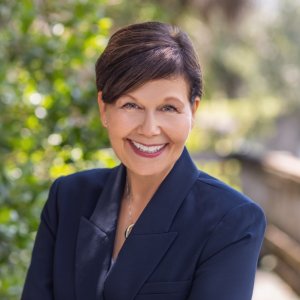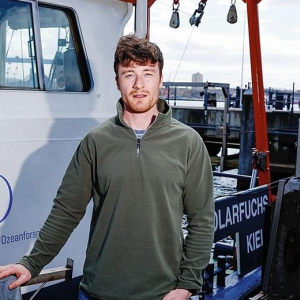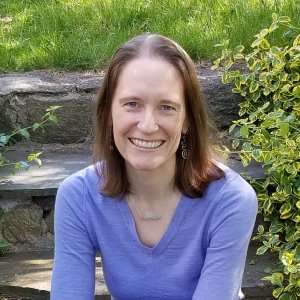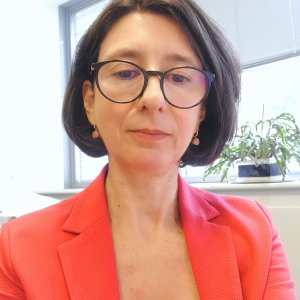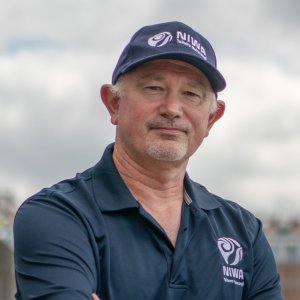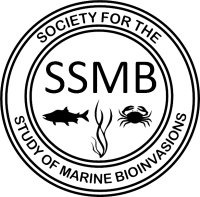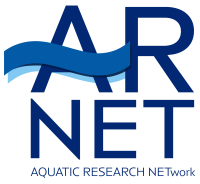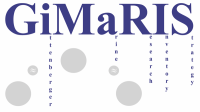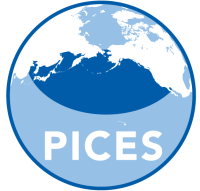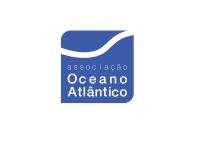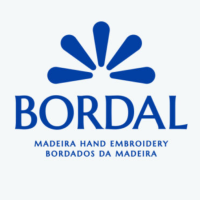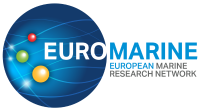Invited Speakers
Our distinguished invited speakers will lead off morning and afternoon sessions of the conference with a rich array of perspectives from the leading edge of the field.
Topic:
Biofouling dynamics: ships, plastics, and management strategies
Bio:
Dr. Lisa Drake recently founded Drake Marine Environmental Services. Her professional journey has spanned academia, government, and the private sector. She holds M.S. and Ph.D. degrees in Oceanography. At Old Dominion University, she conducted research that bounded the environmental problem of invasive species transported by ships' ballast water and biofouling. After teaching at the U.S. Coast Guard Academy, she led an interdisciplinary research group at the U.S. Naval Research Laboratory. There, engineers and biologists conducted applied research on ballast water treatment technologies in support of federal regulations. Next, she worked in the private sector for the multinational testing organization, SGS, as Global Marine Business Development Manager. She has served as a Technical Advisor on various delegations to the International Maritime Organization (IMO), as founder and Past President of the Society for the Study of Marine Bioinvasions (SSMB), and as a member of the Women's International Shipping and Trading Association (WISTA) International Environmental Committee and the Co-President of the Florida chapter.
Topic:
Bioinvasions and the Blue Economy: Navigating Economic and Ecological Balance
Bio:
Dr. Ross Cuthbert is a Lecturer in the School of Biological Sciences at Queen's University Belfast (Northern Ireland). He is also a Research Associate at the South African Institute for Aquatic Biodiversity and a Member of the Young Academy Ireland. His research quantifies and predicts the impacts of biological invasions on ecosystems, economies, and health to improve management strategies. He also develops approaches to better understand the spatial and temporal dynamics of invasions and their impacts. He previously held Fellowships funded by the Leverhulme Trust (Queen's University Belfast) and Alexander von Humboldt Foundation (GEOMAR Helmholtz Centre for Ocean Research Kiel). He serves on the Editorial Boards of Marine Biology and NeoBiota.
Topic:
Restoration and Remediation of Invasion-Impacted Ecosystems
Bio:
Dr. Amy Freestone is the Managing Director of the Marine Invasions Research Laboratory at the Smithsonian Environmental Research Center. Supported by over 40 staff and facilities on both coasts of North America, research in the lab explores the patterns, processes, and consequences of invasions in marine ecosystems on local to global scales.
Amy's research in particular bridges community ecology and macroecology to disentangle the drivers that shape natural communities in a changing world. Using experimental field approaches in benthic marine systems, she examines the impact of species interactions on community assembly and ecosystem function, particularly resistance to invasion by non-native species, and how these processes influence patterns of community structure and diversity in space and time.
One of her principal interests lies in understanding how these dynamics change across broad biogeographic gradients that define our biosphere, such as latitude. Therefore, her field studies span the subarctic to the tropics.
Topic:
Bioinvasions and the Blue Economy: Navigating Economic and Ecological Balance
Bio:
Dr. Ana Cristina Cardoso is a Scientific Officer at European Commission Joint Research Centre (JRC) in Ispra, Italy, since 1995. She holds a PhD in marine biology from the University of Wales (UK) and 30 years of research in support of the implementation of EU environmental policy.
Since 2012, she has coordinated the European Alien Species Information Network (EASIN), an initiative of the JRC, informing policy and management decisions to mitigate the impacts of non-indigenous species (NIS) on native ecosystems and human activities. Her work has been instrumental in shaping the technical requirements of the EU Marine Strategy Framework Directive and ensuring that the directive is implemented effectively to protect European marine ecosystems, focusing on pressure from NIS.
Topic:
Ecological and Evolutionary Impacts
Bio:
Dr. Taeko Kimura is a professor at Mie University, Graduate School of Bioresources in Japan. She specializes in marine ecology, with a focus on the ecology of benthic alien species. She has clarified the larval ecology and population dynamics of alien mussel, Xenostrobus securis. In addition, based on the results of genetic research on invasive alien mussel, Limnoperna fortunei, it was possible to estimate their native range and invasion routes. She had participated in a project on the intercontinental transfer of marine organisms due to ballast water and hull fouling on large cargo ships. Recently, she has been conducting ecological research on alien crabs and sea slugs in Nagoya Port, the largest trading port in Japan. Taeko is also the chairperson of the Nature Environment Conservation Committee of the Japanese Association of Benthology. The committee is involved in various activities related to the conservation of marine benthic organisms.
Topic:
Ecological and Evolutionary Impacts
Bio:
Dr Inglis is Chief Science Advisor at the National Institute of Water & Atmospheric Research (NIWA) in New Zealand. He has published more than 200 peer-reviewed papers and technical reports across a range of disciplines, including invasive species management, environmental monitoring and assessment, marine tourism and ecology. Graeme led the design and implementation of New Zealand's national series of port baseline surveys for introduced marine species and its programme of targeted surveillance for high-risk marine pests that has now run successfully for almost 25 years. He has led national and international research programmes on risk assessment, surveillance and control of invasive marine species and has provided technical training and advice on marine pests and their management in New Zealand, Australia, the Middle East, Southeast Asia, the Pacific, South America, and Europe. Graeme holds a Ph.D. in marine ecology from the University of Sydney, Australia, and a B.Sc. (Hons) in Zoology from the University of Canterbury, New Zealand.
